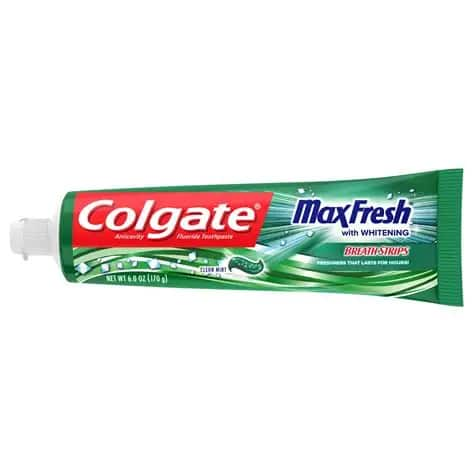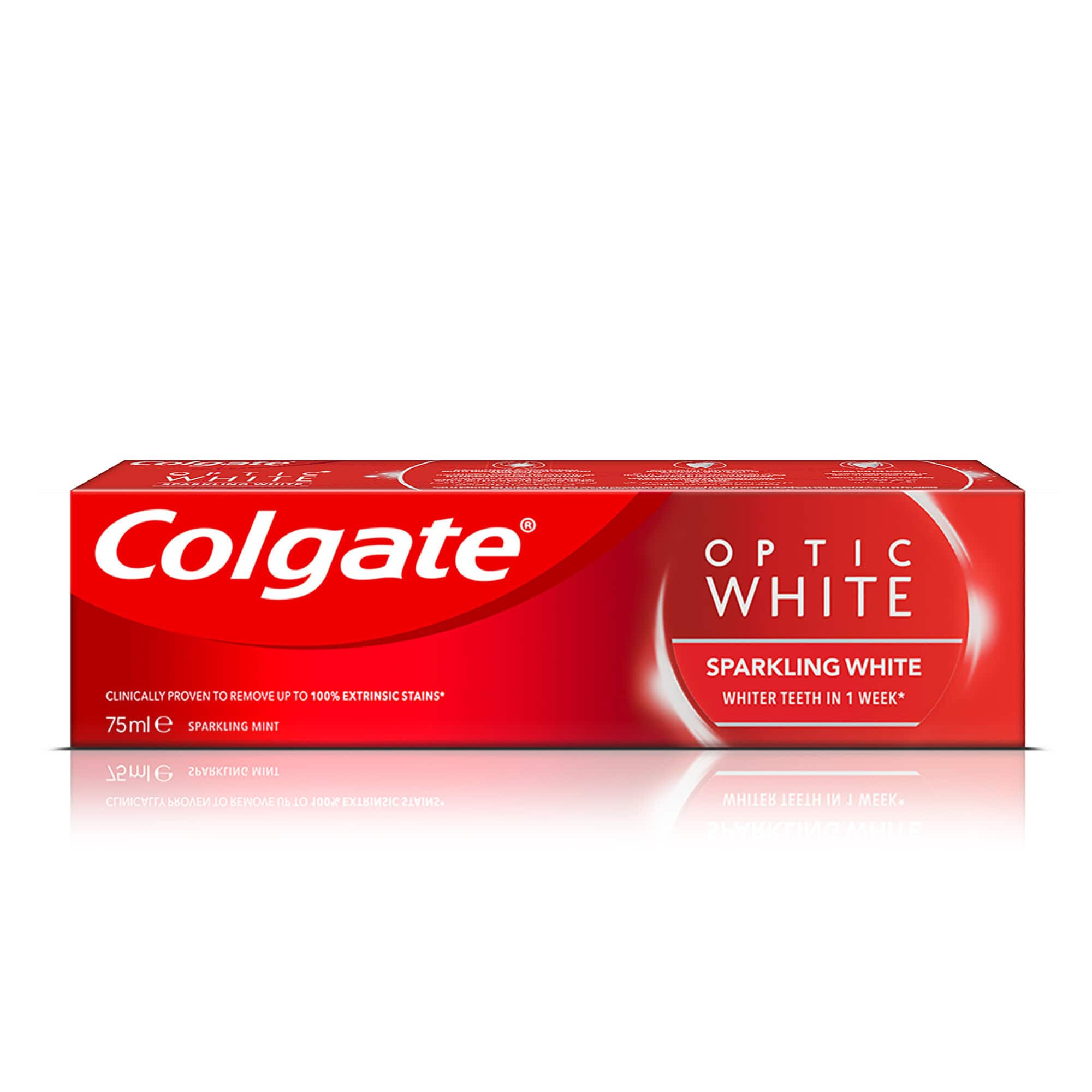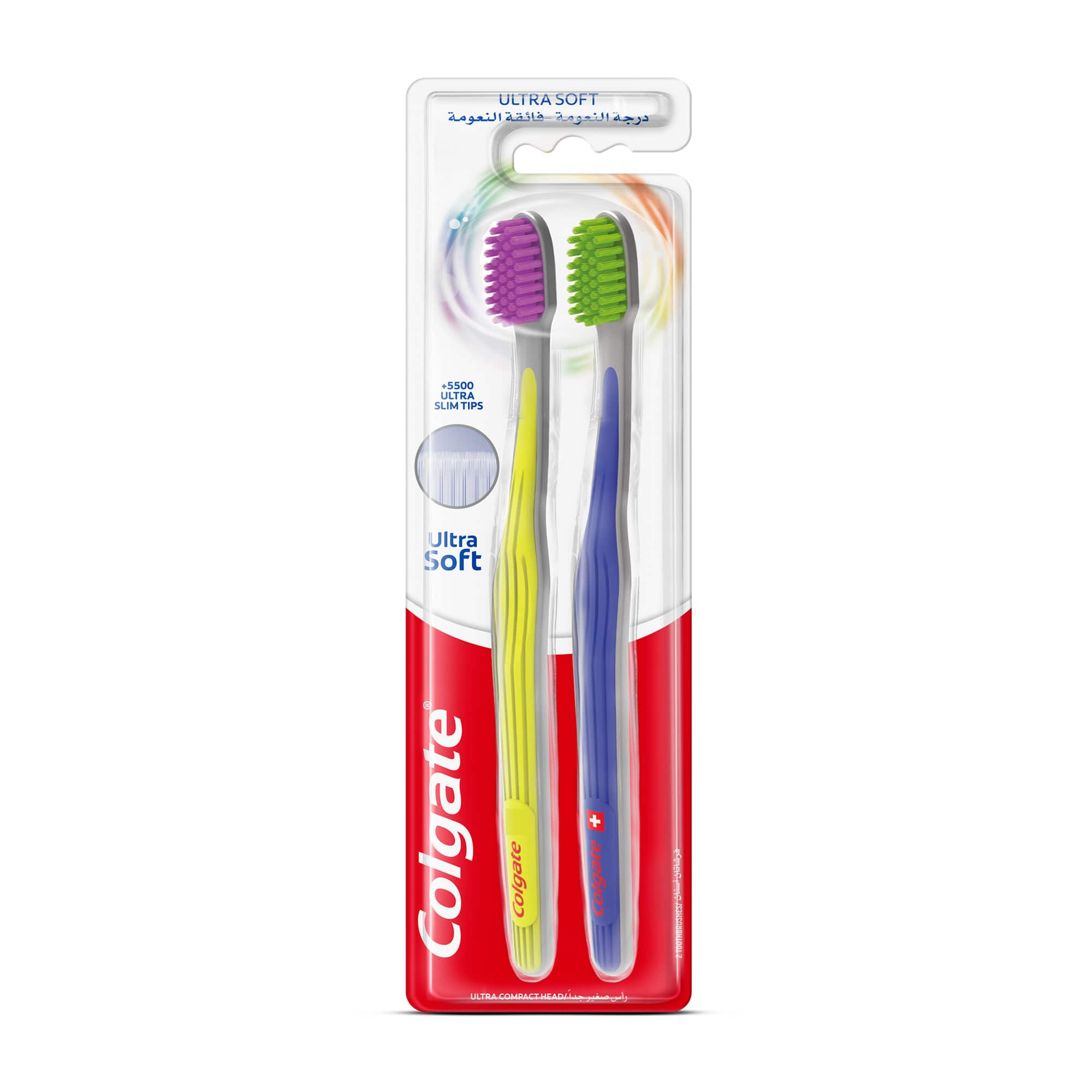-
-

NUTRITION AND ORAL HEALTH
What is Dental Public Health? A Look at How It Can HelpMany oral diseases can be prevented with routine care and regular dental checkups...

NUTRITION AND ORAL HEALTH
How to Limit the Effects of Sugar on TeethCookies, cakes, candy and sodas – everywhere you go, there are sugary treats to tempt...
-
Science & Innovation
- Colgate® | Toothpaste, Toothbrushes & Oral Care Resources
- Oral Health
- Tooth Decay in Children: All Kids Are at Risk


Tooth decay in children is more common than you may think. On average, one in every four preschool-aged child has a cavity. While factors like fluoride use and bottle-feeding can affect your child's chances of developing cavities, all kids are at risk for tooth decay. Start taking good care of your little one's teeth early to keep his mouth healthy.
The Process of Decay
When bacteria and sugars in the mouth mix, they form acids. These acids can attack the hard, outer layer of teeth, known as the enamel. The enamel begins to wear down as minerals are lost. You may notice white spots on your child's teeth if this is happening. This early decay can be repaired by reintroducing minerals to the teeth through fluoride use and a healthy diet.
When the enamel breakdown process is allowed to continue without remineralization, the hard outer layer can be destroyed. The enamel will develop a cavity, which needs to be examined by a dentist and filled to prevent more damage. What can you do to prevent this process from getting out of control?
Fighting Tooth Decay in Children
Baby bottle tooth decay is one cause of early childhood tooth decay. When a baby or toddler is allowed to go to sleep with a bottle or carry around a sippy cup of juice or milk all day and especially at nighttime, his teeth are constantly exposed to sugars and carbohydrates. To protect your little one's teeth, don't put him to bed with a bottle. Once he is ready, encourage him to drink out of a cup. While babies and toddlers are too young to brush with a fluoride toothpaste, they can benefit from drinking fluoridated water or taking fluoride supplements. Talk to your dentist about your child's fluoride use. While he is still little, you can clean his mouth with water and a cloth or a soft-bristled toothbrush. Ask your dentist about using a fluoride-free toothpaste for toddlers.
Once your child is old enough to spit, start brushing his teeth with a fluoride toothpaste twice a day. You can brush and floss his teeth yourself. If your child likes to be independent, brush his teeth first yourself and then let him brush a second time; the extra brushing can't hurt!
Good childhood dental care starts with regular visits to the dentist's office. You can make that first appointment when the first teeth erupt, or at least by the time your child turns one. Why are early visits so important? Recognizing the early signs of tooth decay in children is not always easy. Your dentist can tell you how your little one's teeth are doing and recommend anything to help protect against decay, like fluoride treatments or dental sealants. Also, it doesn't hurt to get a few oral care pointers from a dental professional. Don't be afraid to ask questions that could help you take better care of your child's teeth.
This article is intended to promote understanding of and knowledge about general oral health topics. It is not intended to be a substitute for professional advice, diagnosis or treatment. Always seek the advice of your dentist or other qualified healthcare provider with any questions you may have regarding a medical condition or treatment.
Related Articles


A toothbrush doesn't always cure bad breath in children. Here are five other surprising causes to consider.

Related Products

Helping dental professionals
More professionals across the world trust Colgate. Find resources, products, and information to give your patients a healthier future




